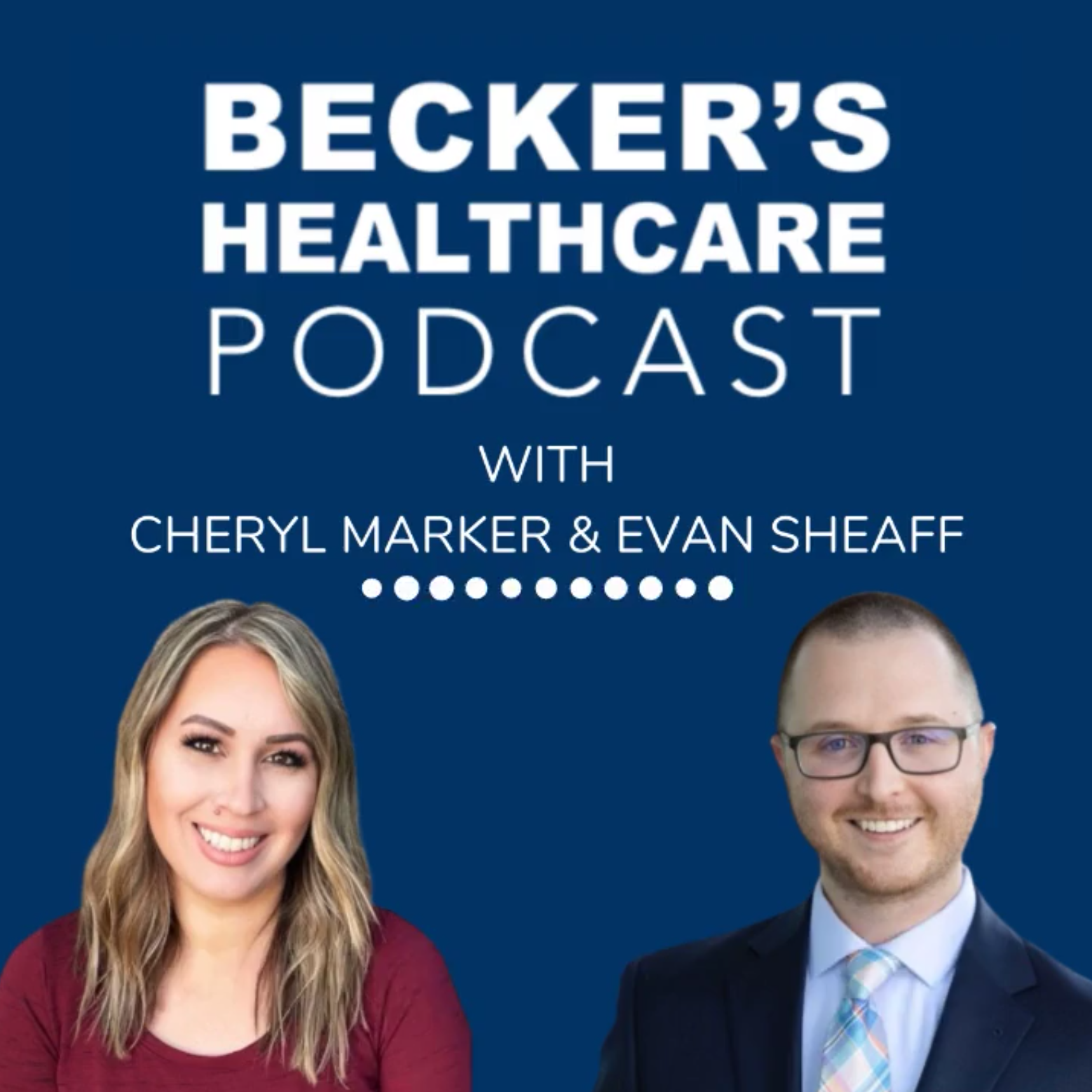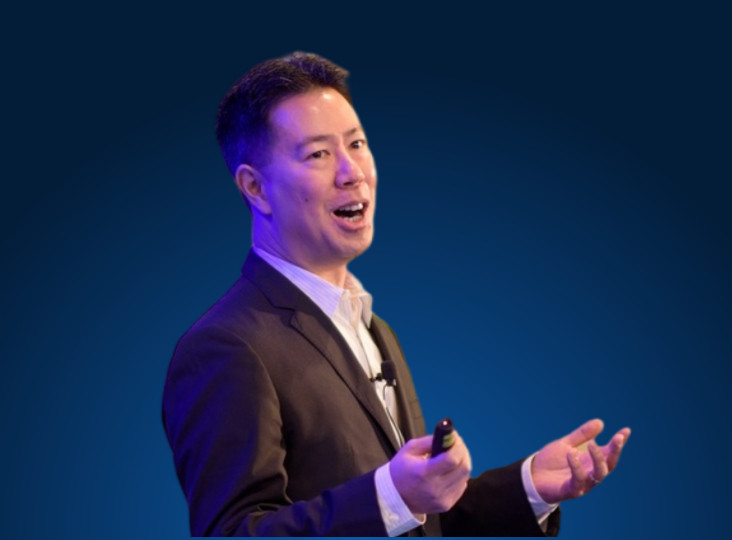Empathy, advocacy, and human-centered care: Patients and experts discuss transforming healthcare experiences
These days, patients are more likely to have a personalized experience with their baristas than with their physicians.
Take Cheryl Marker, a mother of three battling multiple chronic and complex illnesses. She had cycled through two neurologists who left her in tears, not feeling seen or heard. She felt dismissed and hopeless after her providers displayed a lack of medical curiosity to dive any deeper into her case.
Her experience made the “Dear Chronic Pain” patient advocate feel mistrustful toward healthcare providers until she “hit the jackpot” with her current neurologist, who spent four hours with her going through her health history and listening to all the details of what her health journey was like. After they ran out of time at her appointment, the physician called her on her way home to discuss a few other things that were important to her.
“I was baffled by that,” Marker says. “I literally cried happy tears. It immediately made me feel connected to her, because I could tell that she’s not just there for the paycheck, but this is truly her passion, and she really does want to help me. From there, she has completely involved me in my treatment plans, specific to my medical history and medication sensitivities. She’s taken the time to hear my concerns and answer my questions. It’s been the most pleasant experience I’ve had as a patient, and also restores my faith a little more in the healthcare system.”
The role of Human Understanding
The topic of Human Understanding and the role of personalized healthcare in meeting individual needs was the theme of December’s Becker’s Healthcare podcast, hosted by Erica Spicer Mason, which also featured Evan Sheaff, AVP of Customer Strategy at NRC Health.
The panel agreed that each patient should receive quality care with a provider dedicated to knowing and connecting to their journey. Each patient also deserves that emotional connection that fosters a sense of trust that together, it’s possible to get to the bottom of the issues and find the right treatment.
“When you’re in chronic pain, you really have to hold onto hope” Marker says. “Hope that one day we will find answers and that if we don’t find a cure, maybe the reduction of pain would be helpful.”
Frustration among consumers
Marker is not alone in this experience. Sheaff says that 75% of frequent healthcare consumers are frustrated for many reasons—the most important of them being that the health system doesn’t know who each patient is. Sheaff says that this data is consistent across different service lines and healthcare encounters.
“When you take a step outside of healthcare and look at any other industry—any other consumer interaction that we have—people say that being treated as a unique person is twice as important in healthcare than anything else,” he says. “What we’re trying to do is better understand. We know that is the key to treating people uniquely.”
“I’m a mother, which severely impacts me,” Marker says. “There are a lot of doctors who don’t even know that. Diving deeper into the human connection is very important, because it helps foster trust from the beginning. Chronic pain definitely makes it difficult to navigate priorities, because if you don’t take care of yourself, it’s hard to take care of anyone else. It has had a big impact on my life. I wish more providers knew a little bit about my personal life and how that affects the illnesses and pain.”
What patients and providers can do
Marker advocates that patients prepare for their appointments by writing down questions, keeping a symptom journal, joining support groups, and educating themselves about their symptoms and condition to advocate for their needs.
“A lot of people don’t understand that advocating is a very important role in your healthcare journey,” she says. “It’s important to remember that you are the expert in your own body. If something doesn’t feel right, don’t be afraid to voice your concerns and fight for answers, because you know your body best.”
Human Understanding for physicians centers around three main themes: connect with me, listen to me, and partner with me.
“Feeling seen and heard can take many different forms,” Sheaff says. “These three key elements can fundamentally change how we deliver care, interact, and understand.”
Listen to the full episode.



